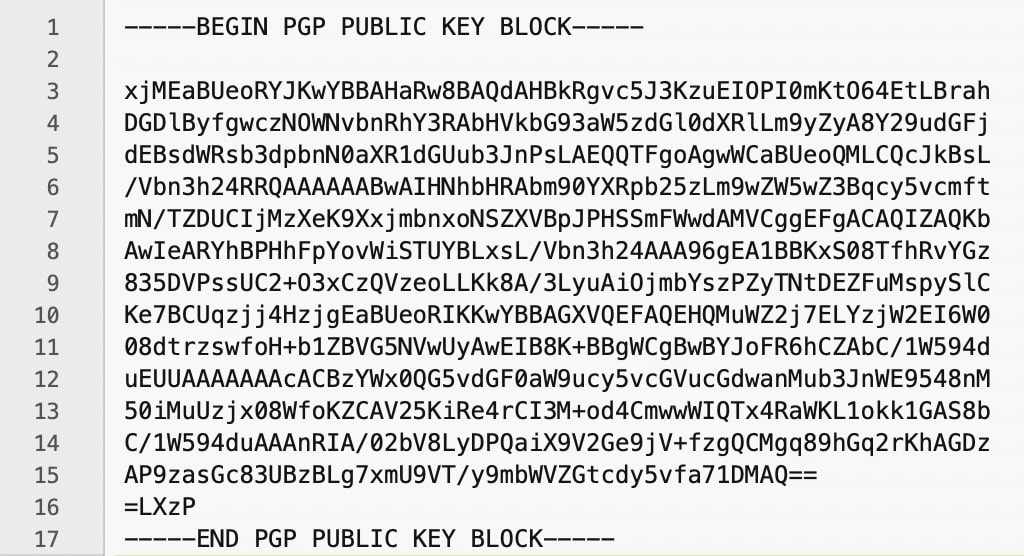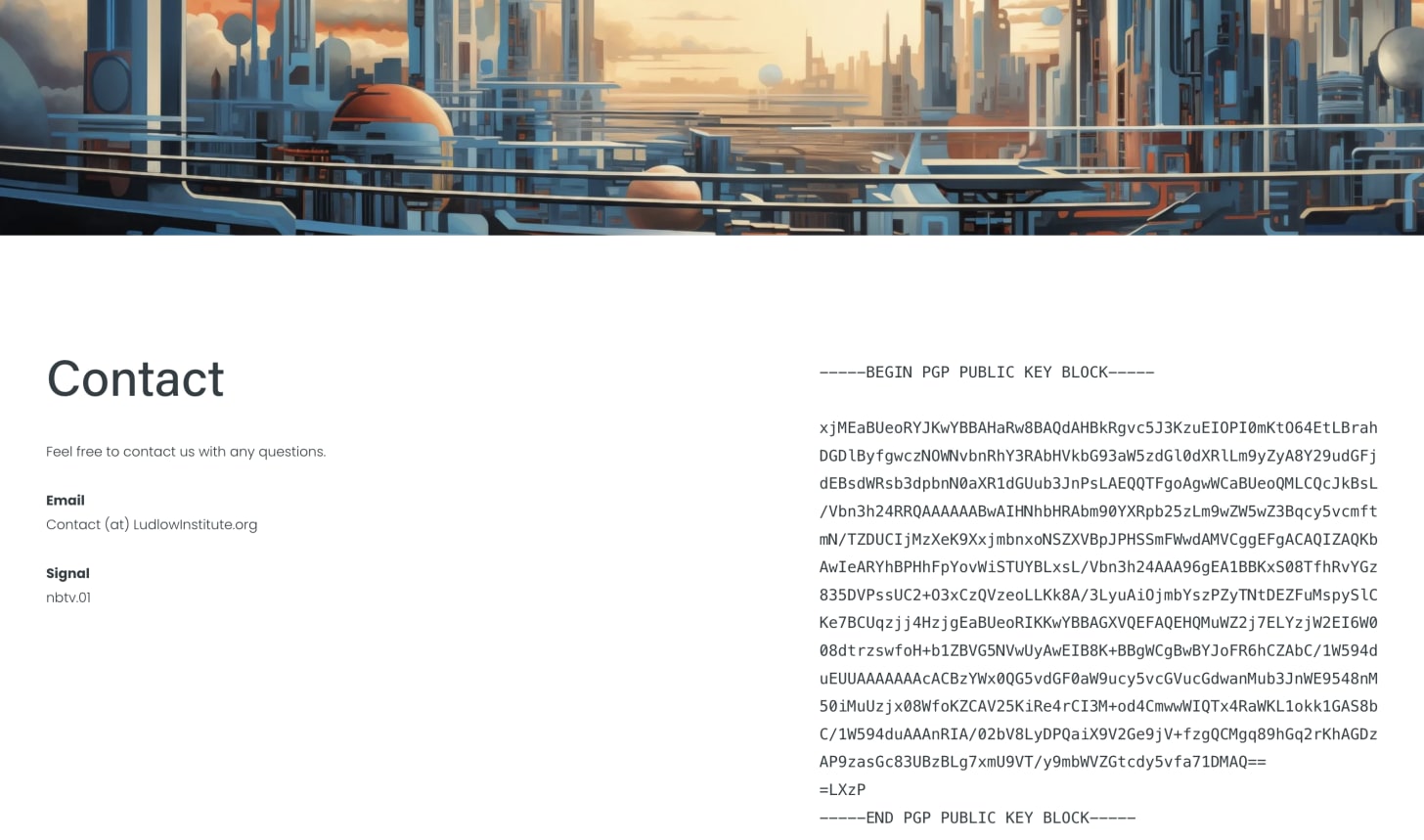Last week, we published the Priv/Acc Manifesto, and I was deeply moved by the outpouring of responses from people eager to take action. So many of you reached out, asking, “How can I help?”
The threat to privacy is obvious—relentless surveillance from governments, corporations, and bad actors alike. Countless bills trying to ban end-to-end encryption and mandate back doors. A sea of complacency from people who have been tricked into thinking privacy is about hiding, instead of about consent.
But the path to meaningful action isn’t always clear.
The good news is that everyone, regardless of background, has a role to play in safeguarding privacy. Whether you’re a coder building better tools, an educator raising awareness, an advocate pushing for change, or simply someone who values personal freedom, there are practical steps you can take to make a difference.
In this newsletter, I want to share some of the ways you can contribute to this critical fight.
#1 Lead by example
The easiest way to contribute is by making deliberate choices about the products and services you use. Switching to privacy-respecting tools not only protects your data, but also sends a powerful market signal that privacy matters. When you choose privacy-focused companies, you help them thrive, fostering the development of even better tools. On the flip side, continuing to use platforms that harvest our data undermines privacy-focused alternatives, pushing them out of the market.
Here are a handful of my favorite tools, but our channel features hundreds of videos showcasing great alternatives you can explore:
- Messaging: Signal
- Web Browsing: Brave Browser
- VPNs: Mullvad VPN
- Email: ProtonMail and Tutanota
- Productivity: CryptPad and LibreOffice
#2 Push Back Against Cultural Norms
The phrase "I have nothing to hide" has become a lazy justification for dismissing privacy. It’s time to reframe the conversation. Privacy isn’t about secrecy – it’s about consent. It’s about having the right to choose who gets access to our data and rejecting the idea that valuing privacy is something to be ashamed of.
Privacy protects whistleblowers, activists, and everyday individuals from surveillance and coercion. When someone parrots “nothing to hide,” remind them that privacy safeguards freedom, creativity, and autonomy. Changing this mindset is essential to making privacy a societal priority.
#3 User Manuals and Educational Awareness
You don’t need to be technical to make a huge impact. Writing clear, accessible guides for privacy tools is one of the most valuable ways to help. Blogs with beginner-friendly tutorials or personal experiences using privacy tools contribute to a growing reservoir of educational material for the community. Translating tutorials into other languages can expand their reach even further.
Even super simple tutorials—like explaining that Gmail can read your emails—can be eye-opening for many people. Education is a powerful way to build awareness, and your efforts might help someone take their first step toward reclaiming their privacy.
#4 Contribute to Open-Source Projects
For those with technical expertise, contributing to open-source privacy projects is one of the most effective ways to support the cause. Free and Open Source Software (FOSS) tools like Tor, GrapheneOS, and VeraCrypt are essential for people worldwide, but these projects are often critically underfunded and under-resourced.
Developers can help by building features or fixing bugs, while researchers can perform security audits to identify vulnerabilities. Remember the Heartbleed vulnerability? It was a major flaw in SSL, a cornerstone of internet security, that went undetected for years—illustrating the need for more eyes on open-source projects. Even small contributions, like reviewing code, can make a huge difference.
#5 Test Privacy Tools and Provide Feedback
For privacy tools to succeed, they need to be user-friendly and accessible to everyone—not just tech enthusiasts. By testing privacy platforms and sharing constructive feedback, you can help developers improve default settings and refine the overall user experience (UX). These small adjustments can make tools more intuitive, significantly boosting adoption among non-technical users.
Even if you’re not a coder, your contributions—like testing tools, reporting bugs, or improving documentation—are invaluable to open-source projects. Developers rely on user input to ensure their tools work for everyone, making your efforts critical to advancing privacy.
#6 Financial Support
Financial support is vital for building a robust ecosystem of privacy tools. Many open-source projects rely on donations to survive, and businesses building privacy tools need customers to remain sustainable. FOSS ensures that privacy tools are accessible to everyone, but if you can afford to donate or pay for premium versions, your support keeps these tools available for those who need them most.
#7 Drive Change From Within
If you work for a tech company, advocate for privacy-by-design principles—embedding privacy into products from the ground up. Push for policies like data minimization and transparency, or encourage your organization to invest in privacy research. Cutting-edge technologies like zero-knowledge proofs and homomorphic encryption are redefining what’s possible in privacy-preserving data analysis. Supporting innovation in these areas can have a profound impact on the future of privacy.
#8 Engage in Policy Advocacy
Governments frequently pass laws regulating technology without fully understanding their implications. Your voice can make a difference by shaping these policies to prevent harmful consequences. Push back against attempts to ban privacy tools or mandate backdoors, ensuring that the most vulnerable in society always have a way to protect themselves.
Supporting organizations like the EFF or other advocacy groups is another great way to get involved. These groups lobby for digital rights, educate the public, and fight back against policies that fuel the surveillance state. Together, we can help ensure that privacy remains a fundamental right.
The Power of Community
Privacy advocacy is about more than safeguarding our own information—it’s about defending the fundamental rights that underpin a free and just society. It ensures that those on the front lines—whistleblowers, activists, journalists, and others fighting for change—are equipped with the protection they need to carry out their vital work.
Every time you choose a privacy-respecting tool, educate someone about the importance of privacy, or contribute to an open-source project, you’re strengthening the movement.
Privacy isn’t about having something to hide—it’s about having the freedom to live, think, and act without fear or surveillance. It’s the foundation of creativity, dissent, and progress. Together, we can protect this essential right and ensure a future where privacy empowers us all.
Thanks for being part of this movement, everyone. This week I’m truly thankful and grateful to every one of you.
Yours in privacy,
Naomi








